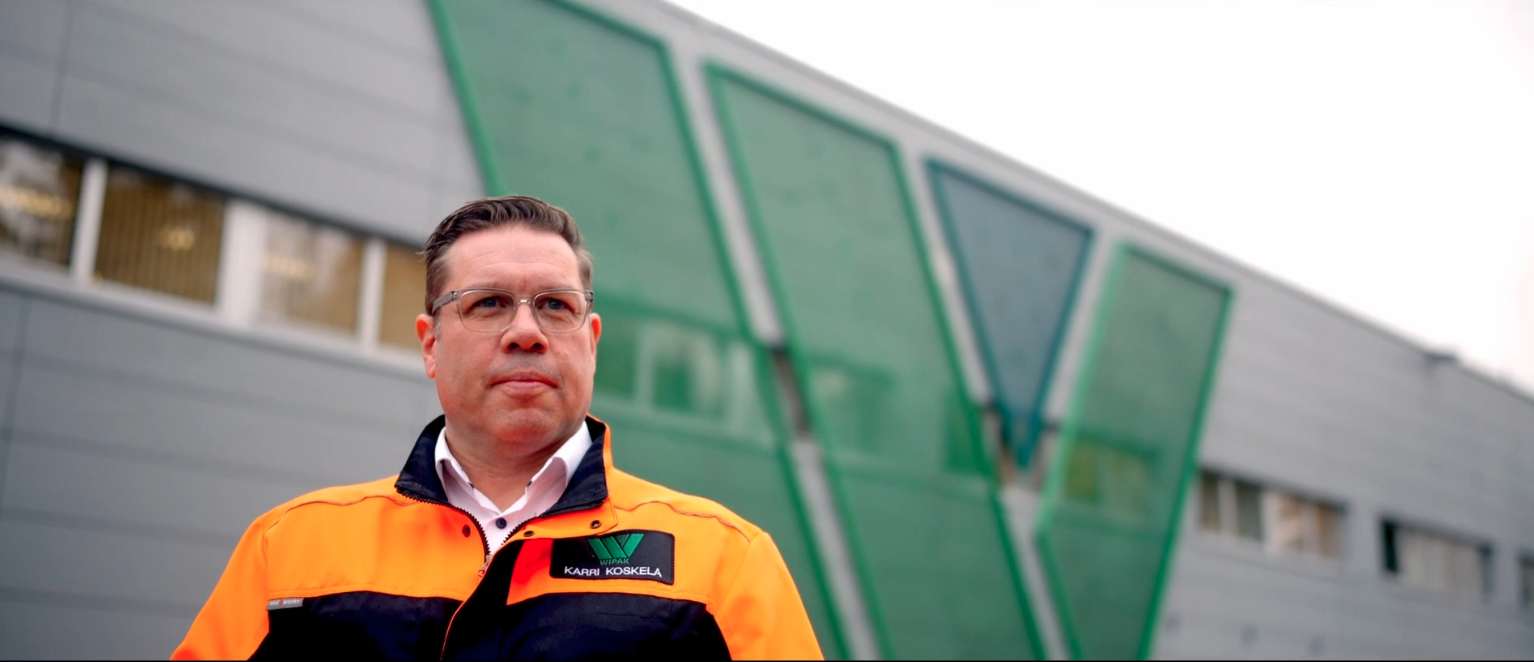ATI – United Kingdom Aerospace and The Green Growth Opportunity
British innovators are rising to the challenge of Net Zero flight
Taking Flight into the Future: Aerospace Technology’s Resilience Post-COVID
After a challenging period that included COVID-19 and the global economic downturn, the aerospace sector is bouncing back and expanding rapidly. The market for commercial aerospace deliveries is estimated to grow from £102 billion in 2018 to £202 billion by 2050. Simultaneously the sector is undergoing its greatest transformation since the jet age as it seeks to reduce and eliminate carbon emissions.
This is no small challenge. Aircraft and their systems are complex and must meet exceptionally high safety standards, meaning technologies take a long time to de-risk and deploy. Breakthroughs in hydrogen, batteries and fuel cell technologies, alongside the nearer-term deployment of Sustainable Aviation Fuels (SAF), are needed to cut emissions. Countries that lead the development and deployment of these technologies can expect a growing share of the global aerospace market.
Innovations Soaring High: UK’s Aerospace Technology Landscape in 2023
The UK is in a strong position to capitalise on this. It is home to the third largest aerospace manufacturing sector in the OECD. The roots of the UK’s success include an enduring presence of global companies like Airbus and Rolls-Royce, an excellent research base and skills pipeline, an effective regulatory environment and strong industry-government partnership.
The Aerospace Technology Institute (ATI) is a living example of a green industrial policy in the UK. Set up in 2014, it is an independent body that defines the national aerospace technology strategy, Destination Zero, and funds a portfolio of research & technology (R&T) activity to deliver it.
The ATI Programme has facilitated over £3.5 billion of R&T investment to date, reflecting a combination of UK Government and industry funding, and has unlocked investment from over 400 organisations across the UK.
Projects funded through the ATI Programme include the Rolls-Royce UltraFan engine, which underwent successful testing in April. UltraFan delivers the potential for more efficient, scaleable gas turbine aircraft engines that can run on next-generation fuels.
A new Wing Technology Development Centre for Airbus in the UK, part funded through the ATI Programme, will advance the company’s Wing of Tomorrow programme to improve the performance of its wings and ultimately reduce carbon emissions.
Another major achievement during 2023 was the world’s first flight-test programme for a hydrogen-electric aircraft by ZeroAvia in Kemble, UK. ZeroAvia was attracted to establish its research programmes in the UK by the innovation ecosystem and funding support, including from the ATI Programme.
Towards Net Zero Skies: UK’s Aerospace Sector Rises with Long-Term Strategy and Innovation
When announcing its new Advanced Manufacturing Plan in late 2023, the UK Government confirmed an additional £975 million in funding for the ATI Programme to 2030. This will enable the programme to go even further in helping make the UK the world’s most vibrant ecosystem for the development and deployment of aerospace technology.
The UK aerospace sector has a rich history of innovation and is rising to the challenge of reaching Net Zero flight. It shows how long-term strategy, investment, and harnessing decarbonisation for growth can put the UK at the forefront in a globally competitive industry – and ensure that the world can continue to be connected without contributing to climate change.













